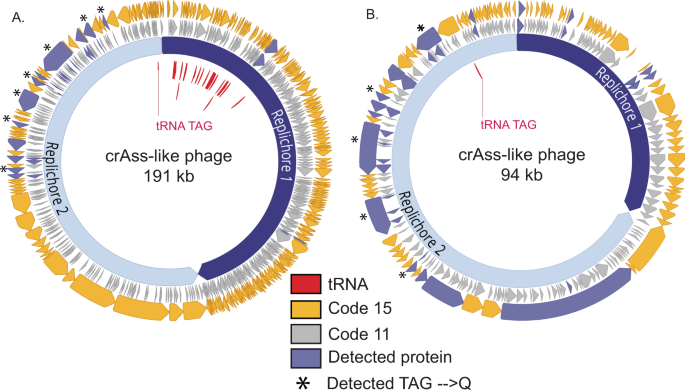2023-03-15 カロリンスカ研究所(KI)
Karolinska Institutetの研究者たちは、女性において免疫細胞が存在することが、彼女たちの免疫応答を阻害していることを発見した。
この研究は、がん治療の性別特異的アプローチを可能にする結果となっている。免疫療法の新しい標的が見つかり、さらに男女でがんの発症に異なる影響を及ぼす免疫学的な差異に基づいて免疫療法の標的を開発するための分析が行われている。
<関連情報>
- https://news.ki.se/immune-cell-gives-possible-explanation-for-sex-differences-in-pancreatic-cancer
- https://aacrjournals.org/cancerres/article-abstract/doi/10.1158/0008-5472.CAN-22-2932/718673/FPR2-shapes-an-immune-excluded-pancreatic-tumor
FPR2は免疫排除された膵臓腫瘍の微小環境を形成し、性差依存的にT細胞の疲弊を促進する FPR2 shapes an immune-excluded pancreatic tumor microenvironment and drives T-cell exhaustion in a sex-dependent manner
Fei He,Apple H.M. Tay,Ahmed Calandigary,Enana Malki,Sayaka Suzuki,Tianjie Liu,Qi Wang,Carlos Fernández-Moro,Marina Kaisso,Peter Olofsson‐Sahl,Marit Melssen,Siu Kwan Sze,Mikael Björnstedt,Matthias J. Löhr,Mikael C.I. Karlsson,Rainer Heuchel,Dhifaf Sarhan
Cancer Research Published:March 15 2023
DOI:https://doi.org/10.1158/0008-5472.CAN-22-2932
Abstract
Sex-driven immune differences can affect tumor progression and the landscape of the tumor microenvironment. Deeper understanding of these differences in males and females can inform patient selection to improve sex-optimized immunotherapy treatments. In this study, single-cell RNA-sequencing and protein analyses uncovered a subpopulation of myeloid cells in pancreatic lesions associated with an immune‐excluded tumor phenotype and effector T-cell exhaustion exclusively in females. This myeloid subpopulation was positively correlated with poor survival and genetic signatures of M2-like macrophages and T-cell exhaustion in females. The G-protein coupled receptor formyl peptide receptor 2 (FPR2) mediated these immunosuppressive effects. In vitro, treatment of myeloid cells with a specific FPR2 antagonist prevented exhaustion and enhanced cytotoxicity of effector cells. Proteomic analysis revealed high expression of immunosuppressive secretory proteins PGE2 and galectin-9, enriched integrin pathway, and reduced pro-inflammatory signals like TNFα and IFNγ in female M2-like macrophages upon FPR2 agonist treatment. In addition, myeloid cells treated with FPR2 agonists induced TIM3 and PD-1 expression only in female T cells. Treatment with anti-TIM3 antibodies reversed T cell exhaustion and stimulated their ability to infiltrate and kill pancreatic spheroids. In vivo, progression of syngeneic pancreatic tumors was significantly suppressed in FPR2 knockout (KO) female mice compared to wild-type (WT) female mice and to WT and FPR2 KO male mice. In female mice, inoculation of tumors with FPR2 KO macrophages significantly reduced tumor growth compared to WT macrophages. Overall, this study identified an immunosuppressive function of FPR2 in females, highlighting a potential sex‐specific precision immunotherapy strategy.



